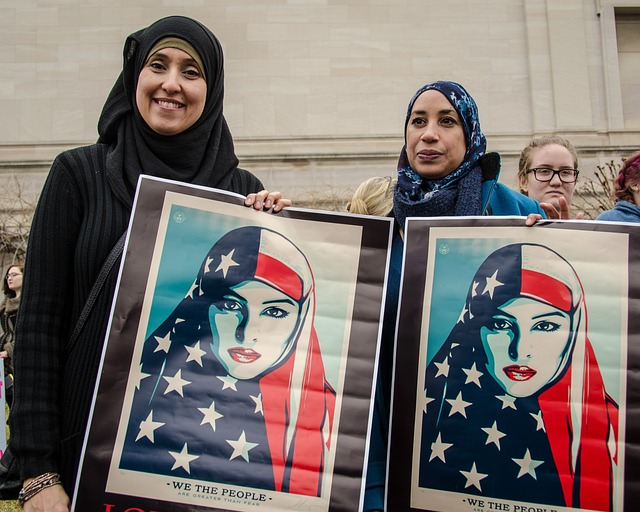In recent years, the conversation around climate change has intensified, exposing the intricate and often overlooked connections between environmental issues and social justice. One such connection is the discrimination embedded in deforestation practices that disproportionately affect marginalized communities. As we delve deeper into this vital topic, it becomes clear that addressing these inequities is not only crucial for social justice but also for our global environment.
The act of deforestation is more than just the removal of trees; it’s an affront to the ecosystems that depend on these natural habitats. Indigenous peoples and local communities are often the most affected by deforestation initiatives, stripped of their ancestral lands and the resources they rely on for their livelihoods. This form of environmental discrimination becomes particularly evident when we consider that those least responsible for climate change are often the ones who suffer the consequences most acutely.
Across the globe, forests absorb carbon dioxide, helping to mitigate the effects of climate change. However, when large corporations engage in deforestation, they not only release stored carbon back into the atmosphere but also disrupt entire ecosystems. These practices often target areas inhabited by marginalized groups, who are then faced with displacement and loss of culture as their homes are torn down for agriculture, logging, or mining. This systemic discrimination highlights a harsh reality: the environmental decisions are often made without regard for the human cost.
In combating climate change, we must adopt an inclusive approach that prioritizes both environmental health and social equity. Empowering marginalized communities in decision-making processes can lead to sustainable land management practices that benefit both the environment and the people who take care of it. By integrating traditional ecological knowledge held by indigenous populations with modern conservation strategies, we can create resilient ecosystems and foster community engagement against harmful development practices.
Moreover, raising awareness of the link between discrimination and environmental degradation is essential for mobilizing collective action. Education can empower individuals to advocate for policies that protect forests while simultaneously uplifting the voices of those who have been marginalized. The fight against deforestation must also be a fight against the injustices faced by underrepresented communities. Through collaborative efforts, we can change the narrative from one of exploitation and inequality to one of stewardship and respect.
Overall, addressing discrimination in the context of deforestation is a critical step toward creating a sustainable and equitable future. We must recognize that every tree cut down represents not just an environmental loss, but a cultural and social one as well. The road ahead may be challenging, but by standing in solidarity with those affected by environmental discrimination, we can forge a path to a healthier planet and a more just society.




